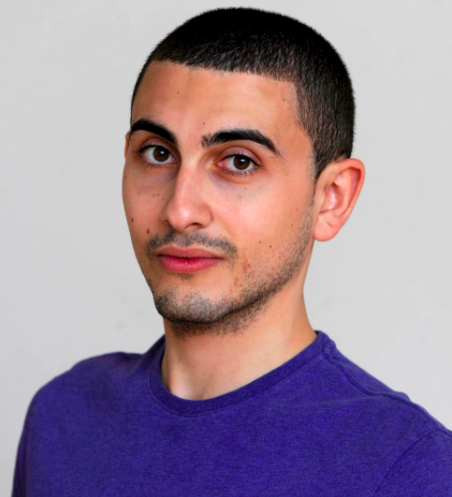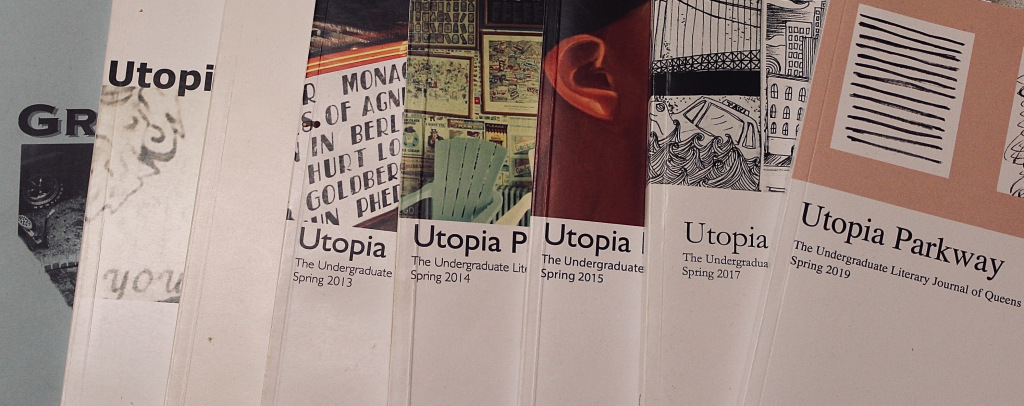For a long time, Amir Khafagy was told that his dream of being a journalist-much like being a filmmaker- was unattainable. From gatekeeping in big newsrooms to the financial unpredictability of freelancing, the odds were stacked against him in every which way. And yet, he made it his mission to chase his deep-rooted passion for storytelling and breakthrough every pre-existing barrier in journalism. On Wednesday, November 11, Khafagy virtually met with several Knight News staff writers to share his inspiring path to journalism and discuss the unique perspective that has set him apart when reporting on local and national hot button topics.
As a kid, Khafagy always knew he wanted to tell stories regardless of how they manifested. Although making movies was his first passion, it was quite an expensive hobby, which is why writing felt like the most natural second option. It allowed him to be creative with limited resources. Of course, he didn’t realize it was a viable career choice until college, the place where he also discovered what his niche would be. Whilst obtaining a bachelor’s degree in Urban Studies and a master’s degree in Urban Affairs from QC, Khafagy realized that he had a knack for writing about urban development. It was then that he had the brilliant idea of transforming his term papers into reporting style articles and submitting them to various local publications like City Limits. The success he garnered as a student journalist gave him the confidence to eventually pursue it as a full-time job post-grad.
It’s no surprise that Khafagy was able to find his voice through the lens of diverse urban issues. Growing up in Jackson Heights, Queens to a multicultural Muslim working-class family, he always understood the complexity in trying to navigate those identities within a metropolitan area. In explaining his relationship to the urban experience, he claims: “I live, breathe and think cities. I know the streets. I know what makes it tick. I could spend hours observing the urban environment and how it shapes people’s thoughts and perspectives. That’s something I was always drawn to.”
Along with being from a diverse background, Khafagy’s activist past has also played a major role in informing the sociopolitical issues he chooses to cover. In fact, as a college student, Khafagy was thoroughly involved in movements like Students United for a Free CUNY and People Power, both of which fought for a more equitable academic environment. From writing about tuition and immigration to public housing and labor laws, Khafagy’s ten-year-long work in community and labor organizing has given him a level of insight that has only further authenticated his present-day reporting.
When discussing his experience as a freelancer and how it differs from being part of a singular news outlet, Khafagy maintains that he enjoys the freedom and flexibility of being his own boss. On the flip side, he acknowledges that there is a level of instability and lack of legal protection that comes with the job. “Freelancers are a reserve pool of labor and so there is no incentive to make them a full-time journalist,” says Khafagy. “I’m a journalist in exile. I’d rather be in a newsroom, but newsrooms by and large are closing shop. There are more journalists per capita in New York City than there are newsrooms.”
The glass ceiling that exists in Khafagy’s chosen field is not going to stop him from continuing to push the envelope for issues he believes deserve attention. He encourages all prospective writers to embody that same sense of drive and not be disheartened by invisible roadblocks. “If you really have a vision of why you want to be a journalist, what your interests are, and what kind of beat you want to focus on, you will be successful. Especially people of color from working-class backgrounds, it’s really important for us to get into journalism so we can really change where the stories are going and center people who look and talk like us.”
If you would like to learn more about Amir Khafagy and support his work, check out his website: https://www.amirkhafagyjournalism.com/.














